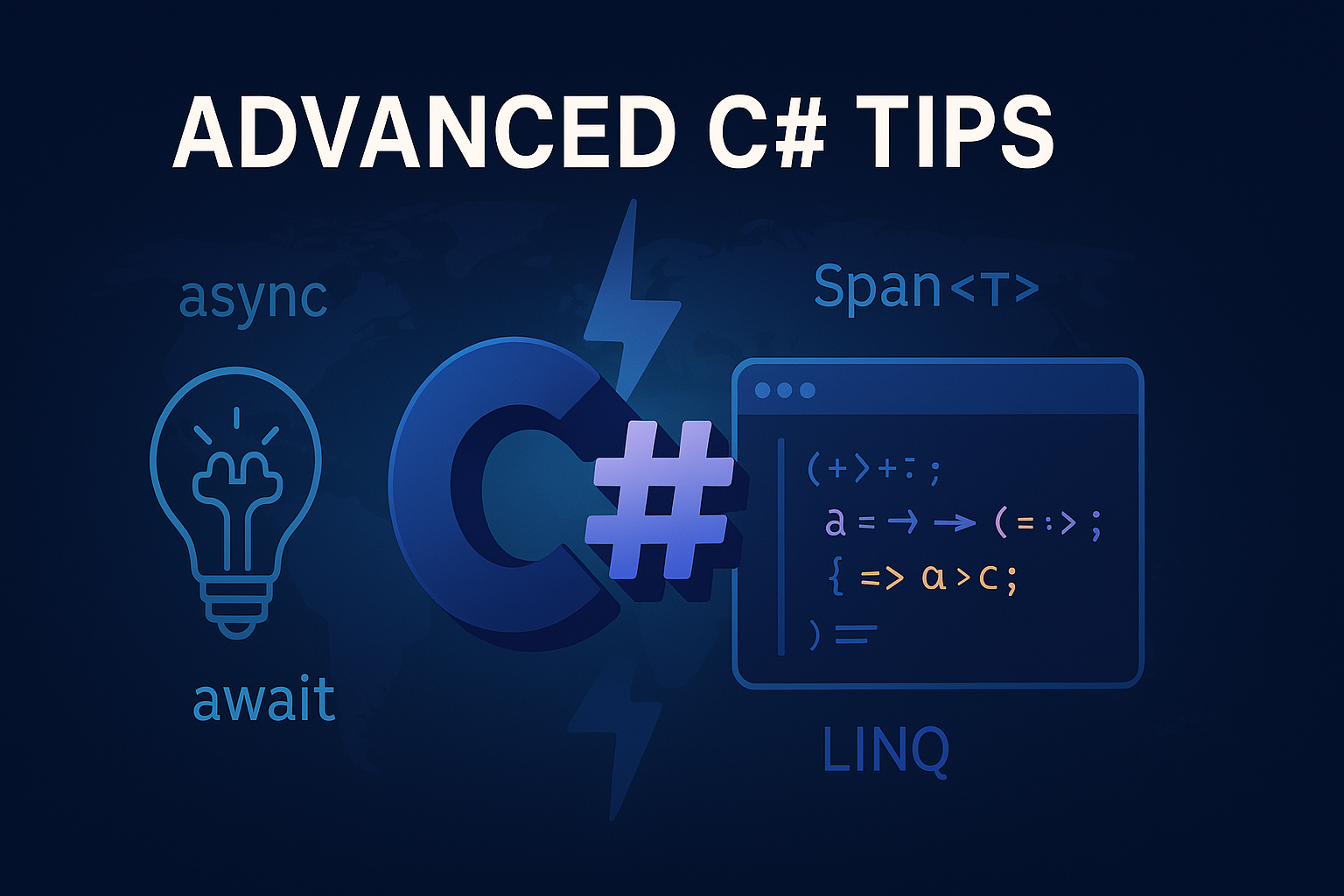
Advanced C# Tips:Prefer Lazy Initialization for Rarely Used Objects
Lazy loading and eager loading are two contrasting approaches in managing how and when data is loaded into memory in programming, particularly relevant in the context of databases, data processing, and UI rendering. Lazy Loading In lazy loading, data is loaded only when it is required. This can enhance application performance and reduce memory usage, […]